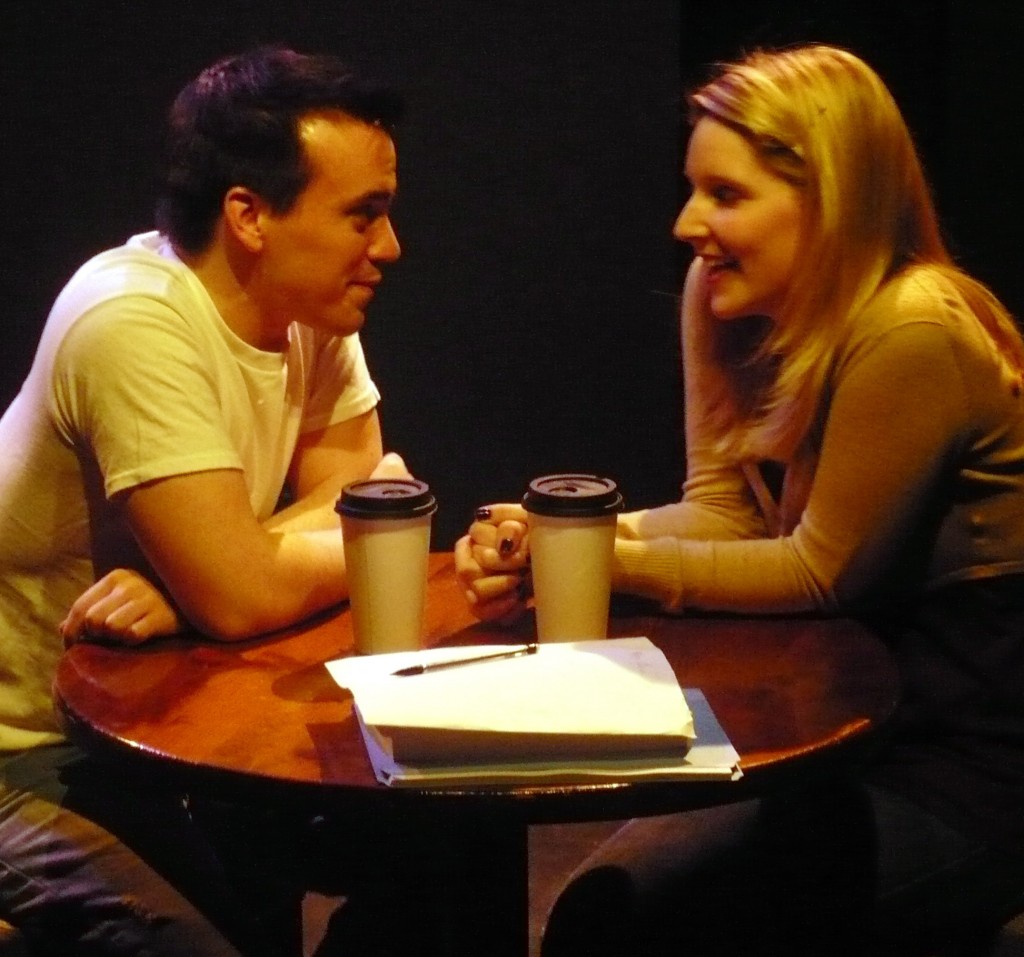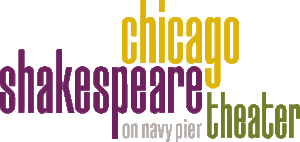Language Arts
A festival of short works that’s all about words
By Zac Thompson
Cut to the Quick, the showcase of short works bracketing the Side Project’s 2008-2009 season, has been very much a playwright’s festival. Comprising 36 one-acts divided into five programs—three of which ran last fall, with the remaining two currently running in repertory—the festival has featured some fine acting, deft direction, and mostly serviceable design. Yet each staging functions first and foremost as a word-delivery system. Music, movement, and spectacle either take a backseat or are forsaken altogether. And in many cases, words themselves—their power to clarify, obfuscate, flay, or construct realities—become the subject. That this makes for mostly riveting theater, with only rare bouts of speechifying or precious wordplay, is a testament both to the skill of the writers and the curatorial expertise of Side Project artistic director Adam Webster.
The two programs playing now include 11 ten-minute works grouped under the title “Atom Smashers” and six slightly longer pieces collected as “After/math.” The latter group deals with time, memory, and distinctions between illusion and reality. Things get off to a rough start with David Alan Moore’s Unnamed Time Play, a circular tale that uses repeated phrases to suggest the interconnectedness of a shy teen, his English teacher, and a dying old man. The strands fail to cohere, and David Bell’s poorly paced staging doesn’t help any. Carl Bergetz’s Alternate Set of Procedures is more accomplished, though its depiction of an interrogator torturing an enemy combatant in a darkened room is unfortunately a cliche of the war on terror. Its chief asset is the way it shows—through the torturer’s tortured logic, leading questions, and slippery use of language—how the need to justify officially sanctioned brutality leads to the complete estrangement of what we say from what we mean. Protesting that you’re not the enemy proves that you are, the government takes away our liberties to preserve our freedom, and so on. “It’s all very complex,” says the interrogator at one point. “I don’t even understand what I’m saying sometimes.”
“After/math” reaches its climax with two pitch-black comedies by LA-based Christopher Kelley. In the first, Fuckjoy, a dopey man and merciless woman (played by Josh Toups and the exceptional Shelly Rao in Robert E. Lee Jr.’s freewheeling production) cheerfully introduce the audience to a series of games with names like Jewball and Necrosticks that they assure us will produce a kind of delirious, ersatz happiness, either through cruelty or escapism. Ultimately, the play is about the ways we distract and anesthetize ourselves by telling whoppers we only pretend to believe. Kelley’s Ransomed Soul is similarly concerned with fact and fantasy: a childish man and his sister-in-law concoct an elaborate scheme involving sex and murder, but, of course, when it comes down to it they’re all talk. The appeal of Kelley’s script is in the quality of their talk—at once fevered, funny, poetic, and pathetic, the stylized, infantile rantings of two characters who merely play at life.
The final two one-acts of “After/math” revolve around memory. In Corinne J. Kawecki’s Demons and Monsters, four longtime friends realize, over the course of a night out, that it’s what they don’t say about the past—particularly their messy couplings with one another—that keeps their friendship intact. Chelsea Marcantel’s Stunt, meanwhile, charts the effects of a teen’s affair with his geometry teacher on his later relationship with a live-in girlfriend. Kawecki’s script is unshaped, but in Marcantel’s nuanced, undidactic handling of her story, the girlfriend’s eagerness to use the statutory rape as an all-purpose explanation for her boyfriend’s behavior demonstrates the limitations of letting one chapter in a life stand for the whole story.
“Atom Smashers” is the least thematically coherent of all five Cut to the Quick programs, but by the same token it provides the most variety, including some absurdism-lite, a bit of political satire, and the only genuinely sweet pieces in a festival that gravitates to the dark end of the spectrum: Steven Simoncic’s Maraschino Red, about a fortyish married couple who decide there’s something to be said for growing old and boring together, and Crystal Skillman’s Kiss, a just-shy-of-saccharine snapshot of two fourth graders falling in puppy love in front of a Christmas window at Macy’s.
Words continue to conjure and confound in “Atom Smashers.” While some of the playwrights capitalize on the inadequacies of language (the program kicks off with not one but two language-barrier comedies), others rely on its curious power to suggest meanings beyond the actual words used. Jesse Weaver’s Pardonable, for example, is an aria of invective delivered by a lone woman, shrouded by a veil and sitting motionless in a darkened room. Imbued with resentment and regret, her bitter tirade at another, unseen woman comes to seem a kind of plea. In the same author’s Up, a different woman (played by J. Kingsford Goode with a strangely poignant mix of coarseness and despair) sits on her bed in the dawn light and catalogs her goals for the day. As we realize that she’ll do none of it, her words become a Beckettian dirge on the simultaneous necessity and impossibility of going on with life.
But the most hauntingly evocative piece on the bill is Matthew Ira Swaye’s Celit, in which the tense, wary small talk of two nurses at a women’s hospital in what appears to be a war-torn country speaks volumes about the unspeakable horrors suffered by the mute patients. Like all the best work in this remarkable festival, Swaye’s piece has the taut verbal economy of poetry—it’s incisive, concise, and absolutely gripping.v







